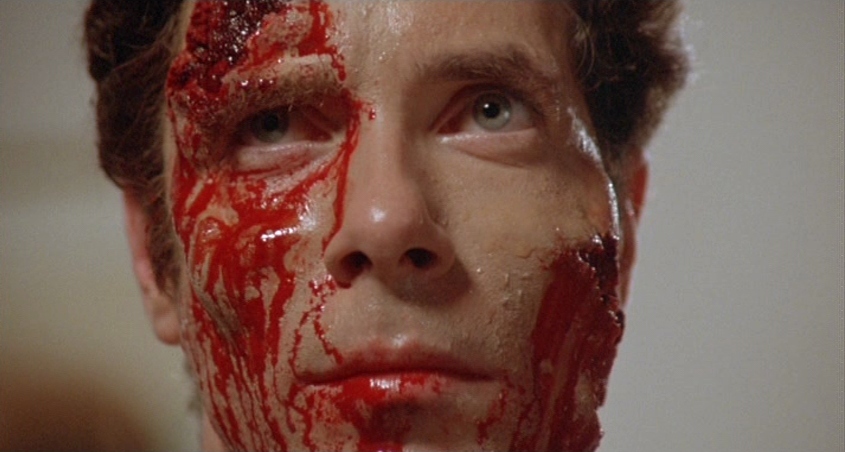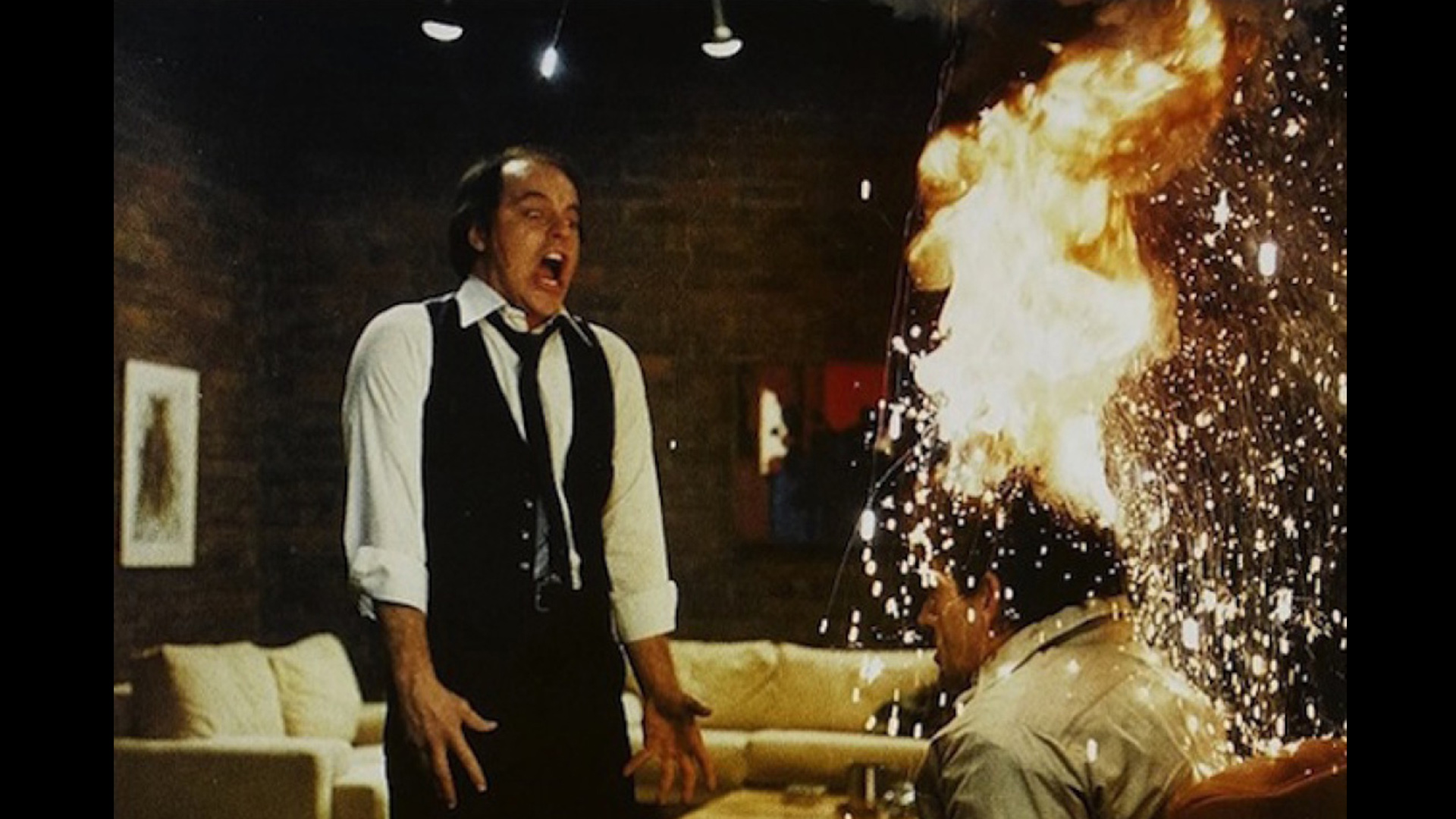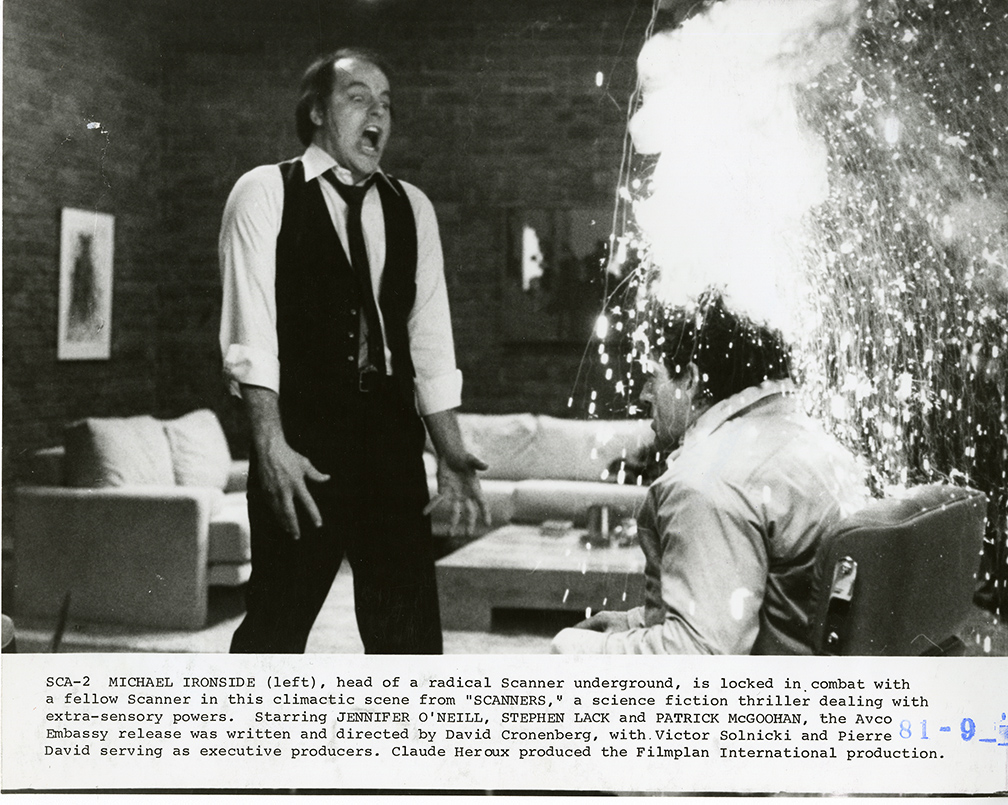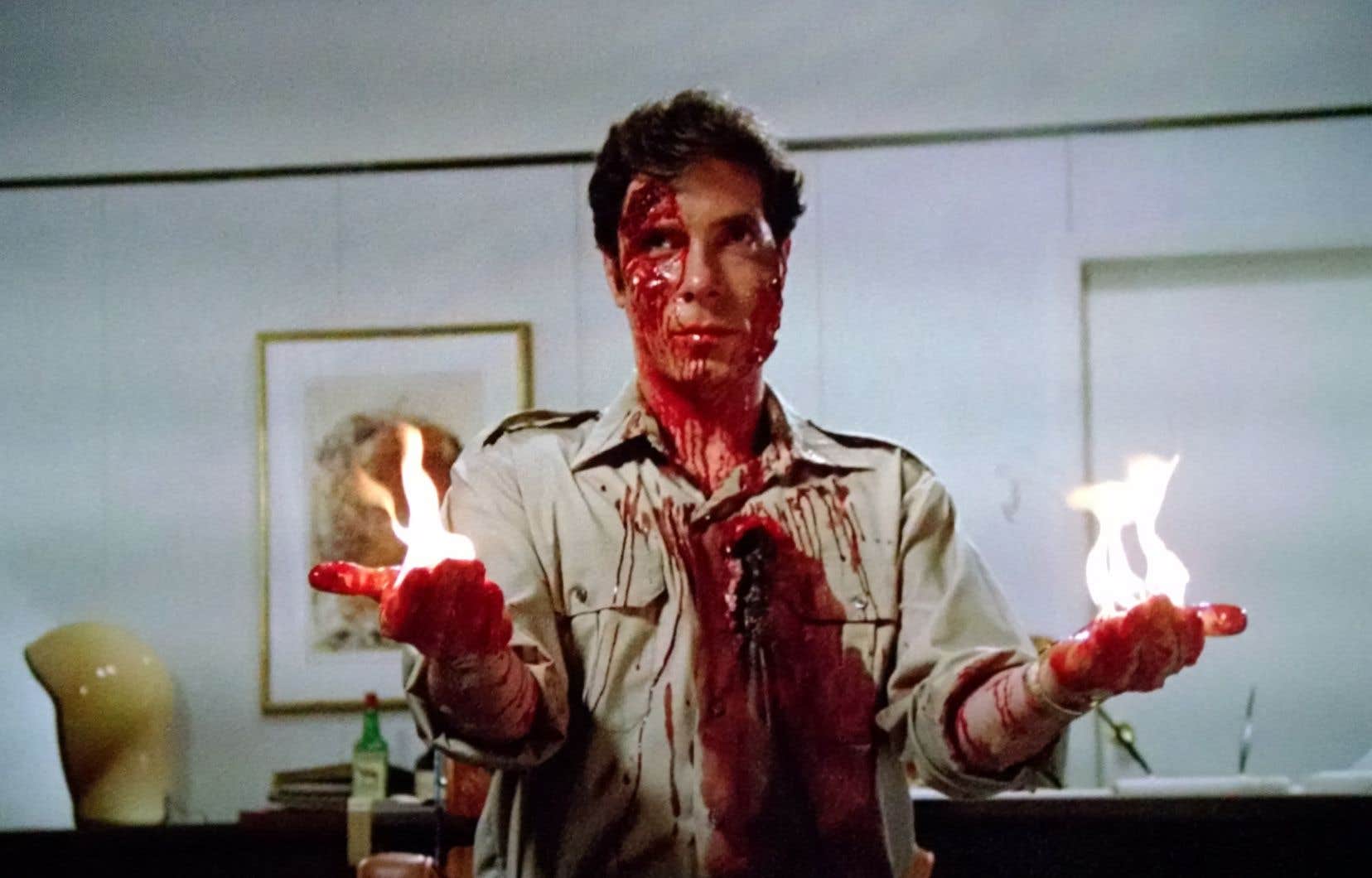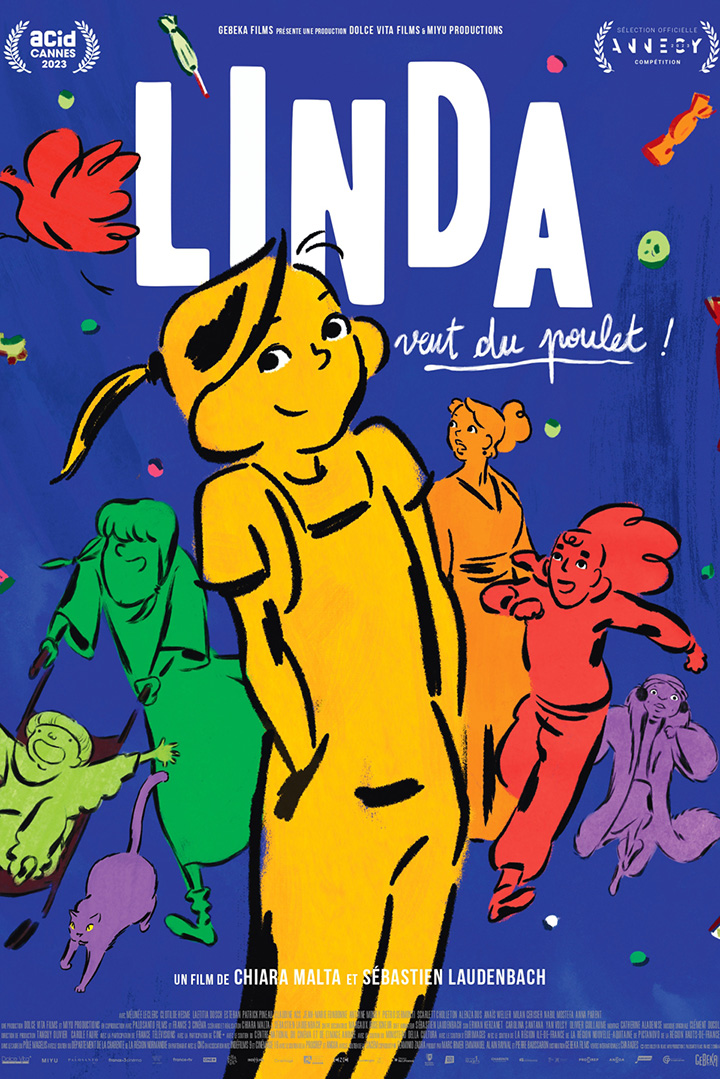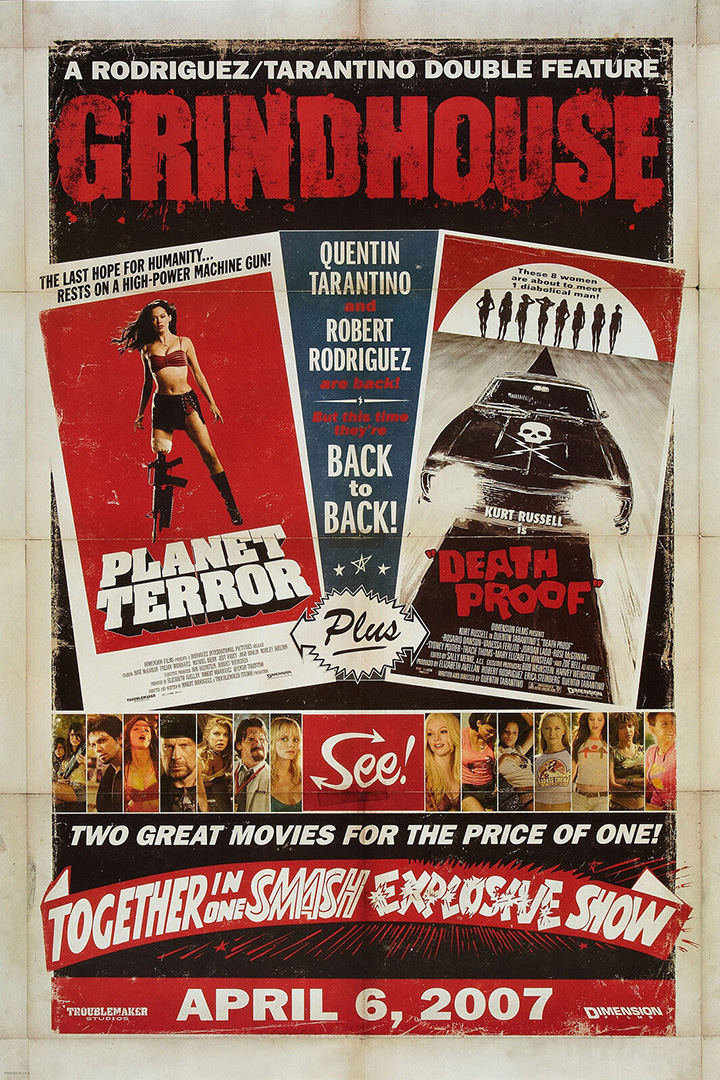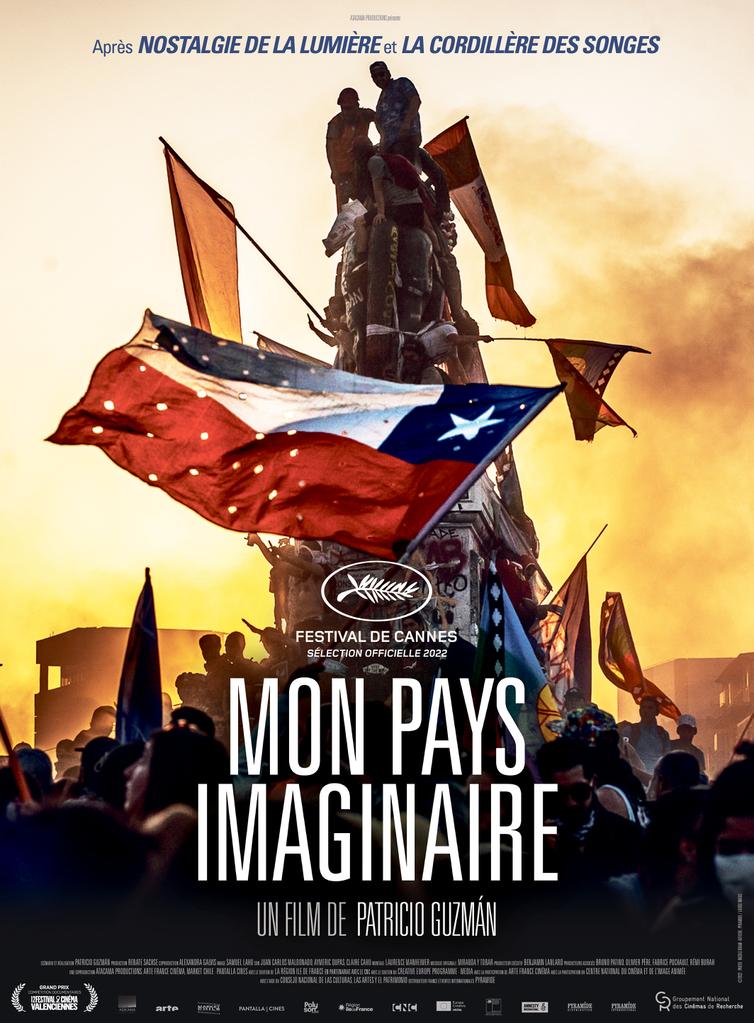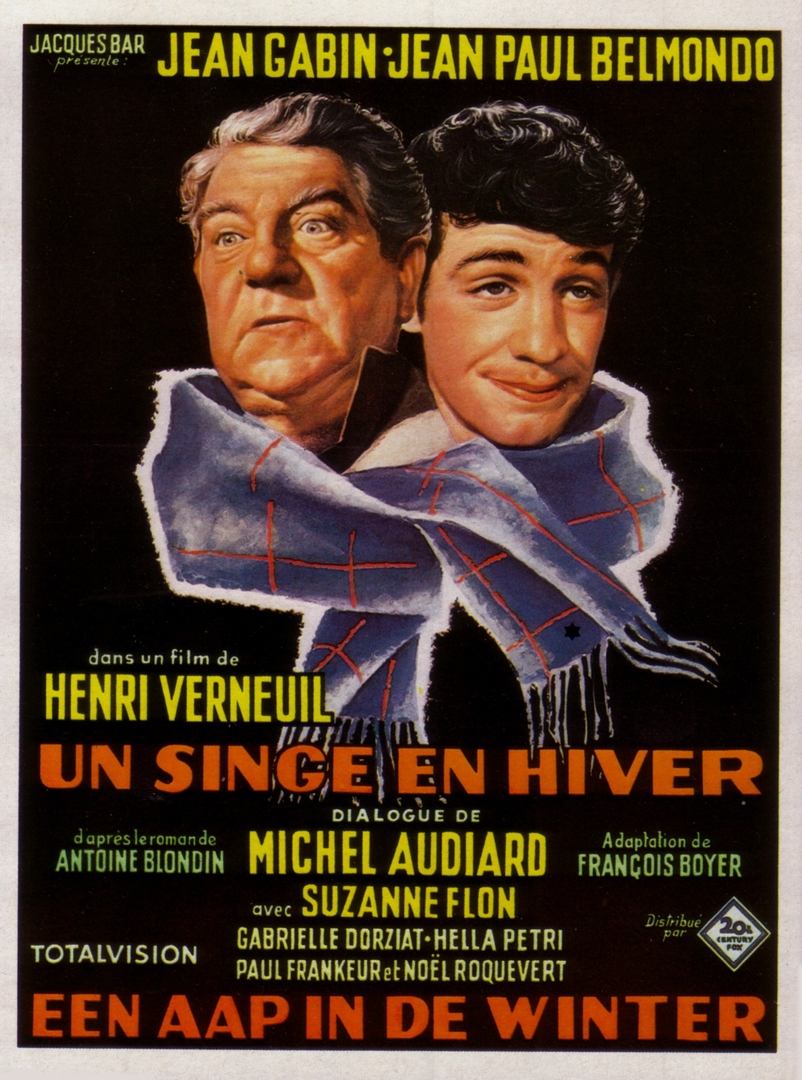Scanners
David Cronenberg has created a multidimensional universe in which he insistently questions the limits of every facet of the human condition – physical, moral and existential. This program extends from his early days in Montreal, where he made exploitation flicks produced by Cinépix (Rabid, Shivers), to Maps to the Stars, a scathing take on the California jet-set lifestyle. A creepy parallel universe emerges through films like The Fly, which catapulted him to mainstream success, and eXistenZ, in which it seems perfectly normal to plug an organic game console into one’s spine. This is inside-out cinema, in which unique beings constantly show us funhouse-mirror reflections of our world. This program includes all of Cronenberg’s features, most of them in 35 mm.
A telepath infiltrates a criminal organization consisting of people of his own kind. Starting from the principle that thoughts can be a vectors of murder, Cronenberg explores the relationship that unites the physical and the mental.
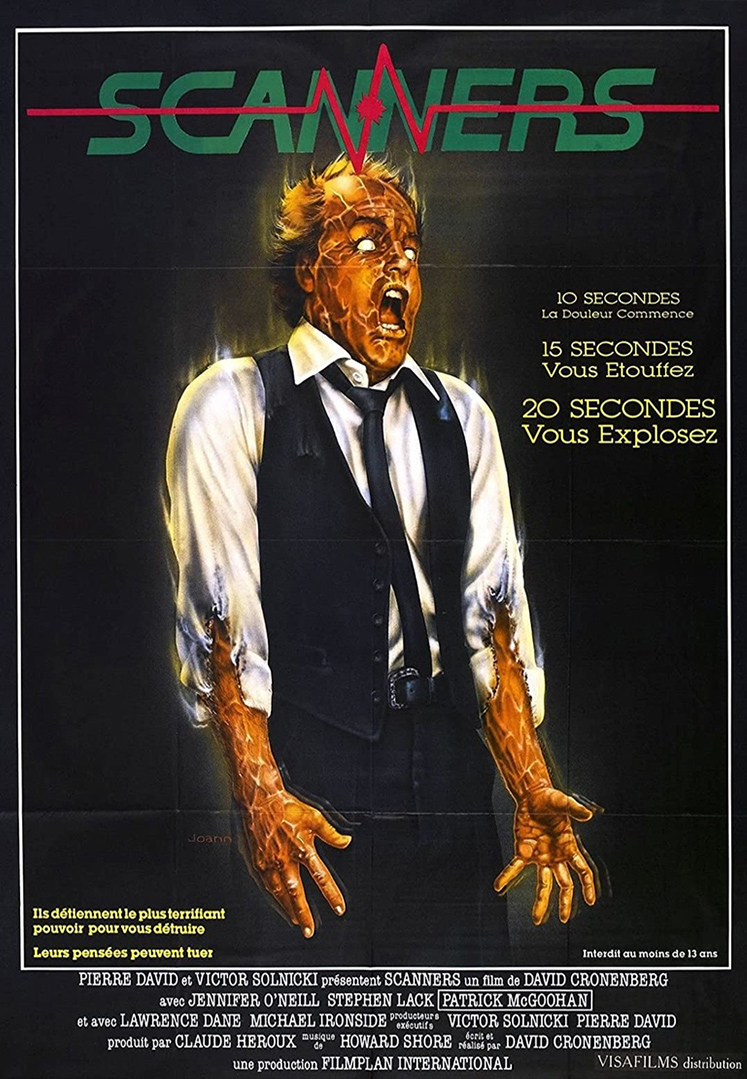
David Cronenberg
David Paul Cronenberg is a Canadian film director, screenwriter, and actor. He is one of the principal originators of what is commonly known as the body horror genre, with his films exploring visceral bodily transformation, infection, technology, and the intertwining of the psychological with the physical. In the first third of his career he explored these themes mostly through horror and science fiction films such as Scanners (1981) and Videodrome (1983), although his work has since expanded beyond these genres. Cronenberg's films have polarized critics and audiences alike; he has earned critical acclaim and has sparked controversy for his depictions of gore and violence. The Village Voice called him "the most audacious and challenging narrative director in the English-speaking world". His films have won numerous awards, including, for Crash, the Special Jury Prize at the 1996 Cannes Film Festival, a unique award that is distinct from the Jury Prize as it is not given annually, but only at the request of the official jury, who in this case gave the award "for originality, for daring, and for audacity".
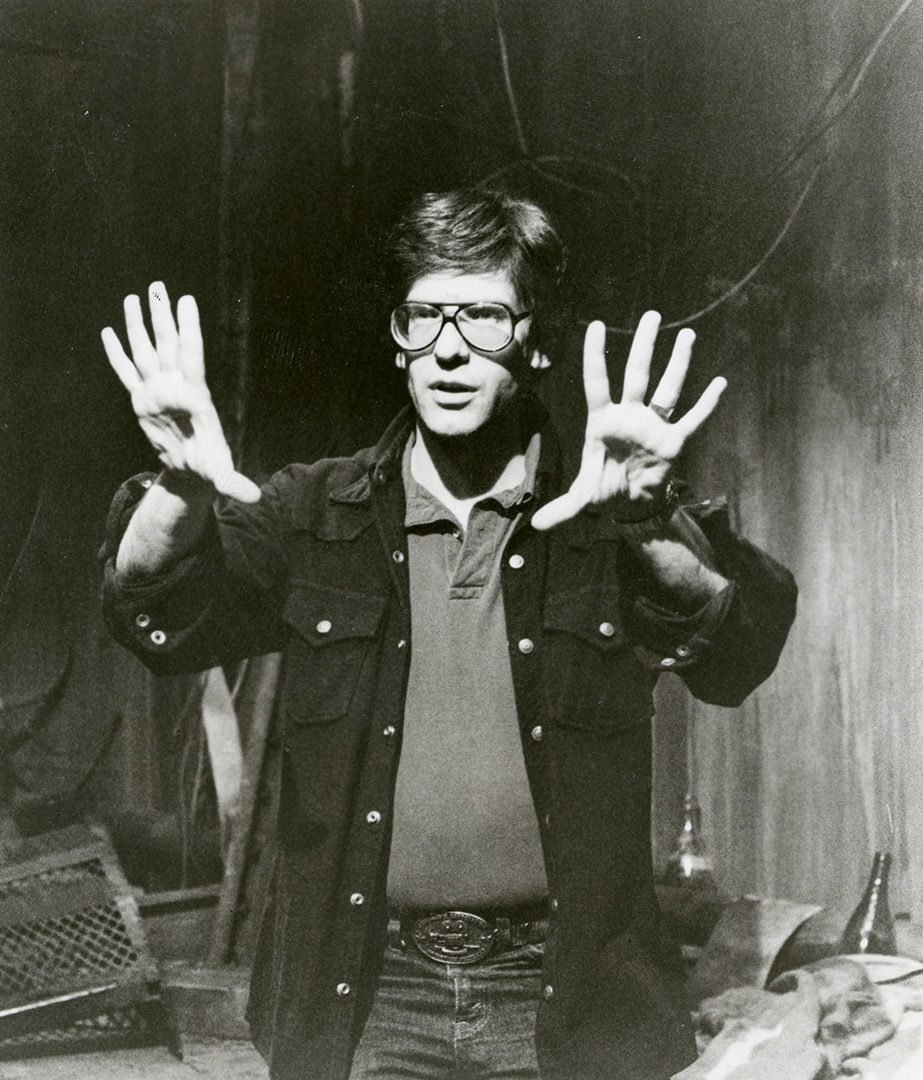
Explore
«Scanners», ou l’identité artistique en mutation
Durant le premier acte du film Scanners, un conférencier est pris de spasmes avant que satête explose. La scène, gore à souhait, choqua en 1981, mais entra aussitôt dans les annales du cinéma. Scanners ne se résume toutefois pas à ce morceau de bravoure sanguinolent. Quarante ans après sa sortie, force est de constater à quel point ce film fut charnière, transitoire dans le développement de l’identité artistique de son réalisateur, David Cronenberg.
